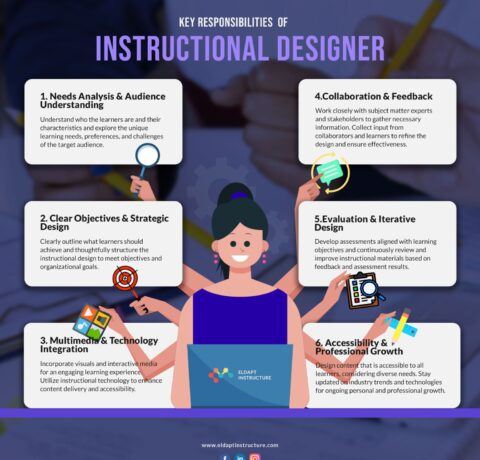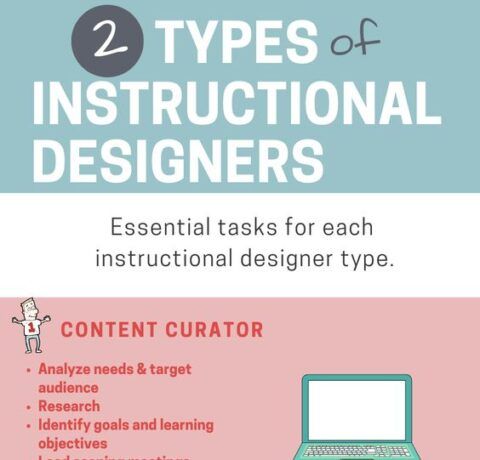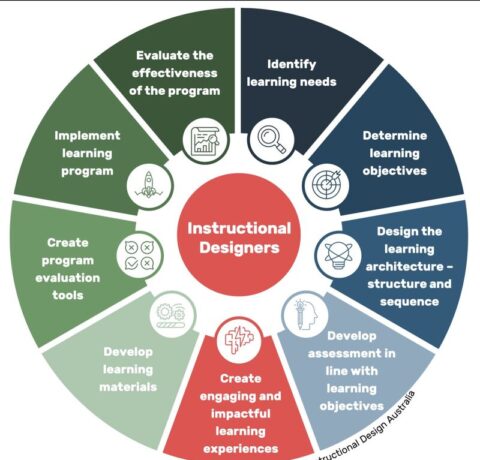5 Learning Principles L&D Professionals Need To Know Infographic
Learning and development professionals should ensure that everyone within their organisation knows and understands the information they require to function effectively and are able to apply it. With so much content available, they can easily get buried under a mountain of it before they even find what we are looking for. The 5 Learning Principles L&D Professionals Need To Know Infographic presents a list of five simple learning principles that show how great learning content should be created.
1. Boredom kills
All info coming into the brain is filtered through the amygdala. When a learner becomes bored, the amygdale becomes hyperactive and it sends all of the information it receives to the lower 80 per cent of the brain. This is the “animal brain, the reactive, involuntary brain". Boredom means that important learning content isn't remembered.
2. Repetition Rocks
Most people will have experienced the sore hand and bad hand-writing that accompanies the first day back to school after a long summer break. Just like the muscles in our hands, neural pathways are weakened overtime. This means that if learners are not using knowledge or skills gained through training, they will begin to forget it.
3. Too much information
Educational psychologist john sweller first coined the term “cognitive overload" in 1998. We all have a finite amount of working memory at our disposal to process and understand information. When a learner is presented with info, it is important that it is delivered in bite-sized chunks which he or she can reasonably process.
4. We all need a reason
If a learner can't make the connection between learning content and application in their everyday life, they won't have a reason and therefore the motivation to understand the topic presented to them. As the person guiding learning and development, it is your role to communicate expectations and the motive behind learning a particular piece of knowledge or skill.
5. If at first you don’t succeed
The first time learners receive teaching, it creates a strong impression upon them. It‘s important to present information in a logical and clear manner at the start of any training module. The foundation of learning that you set in place becomes the map students use to navigate all further information.







You can adjust your cookie preferences here.